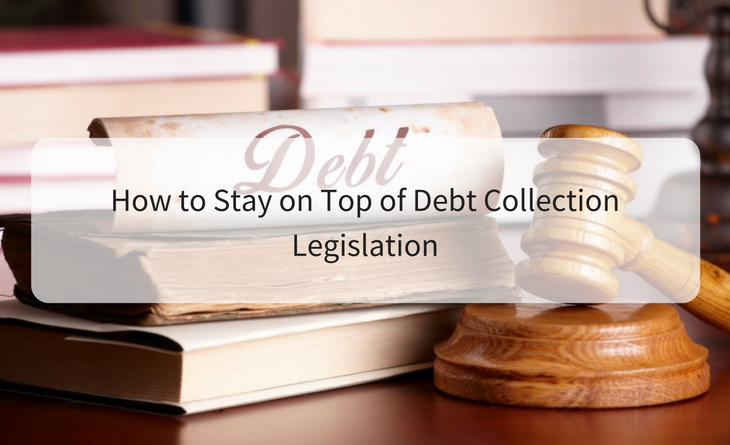
Debt collection is a terrifying prospect for consumers. Sometimes, they fall into debt inadvertently. They may have received a credit card in the mail and maxed it out in their excitement, not entirely thinking about how they would pay it back. After all, for some adults, a card is like a genie lamp. They only understand it at its most basic level.
For such consumers, they don’t get that a credit card is a loan, and if they don’t repay it promptly, their interest rates will compound their debt tens or even hundreds of times within a very short period. They didn’t read the fine print, and by the time they discover how deep in debt they are, it’s too late to extract themselves.
Other consumers sink into debt because of the actions of their loved ones. A credit card may have been taken in their name without their consent. Or maybe they took on debt to educate a child or pay hefty medical bills. In such cases, the money may have been borrowed from the wrong kind of people.
One of the most common forms of debt in the modern world is student debt. University students take out massive education loans, thinking that they will graduate, get good jobs, and soon pay it off. But then life happens. Their credit score takes a hit, so they can’t move forward, find work, or secure further credit, pushing them further into the red. Some students have been known to leave the country to escape debt.
With these dire situations making life so difficult, many governments have developed detailed debt laws to protect consumers from debt collectors. And many consumers are unaware of just how much legislation there is to keep them safe. As a reasonable, legitimate, debt collection entity, staying in line with this legislation is crucial to your business.
Fortunately, you can comfortably stay within legal boundaries while still ensuring that your clients get their money. This will improve your reputation with both customers and debtors, which will help you in two ways. One, it will make your work easier, since debtors won’t be afraid to deal with you, and will be more likely to negotiate payment deals with your firm.
And two, your success rate will recommend you to even more clients. Designate a member of your administrative team to keep a close eye on any changes in debt legislation. It should be an employee with a legal background, one who can decipher and interpret every clause and potential loophole, applying it for maximum fairness and efficiency.
A guideline to current laws can be found in the Debt Collection Guideline produced by Australia Competition & Consumer Commission (ACCC) and Australia Securities & Investment Commission (ASIC). The guide is available online as a free pdf download. It was first published in 2005 and is reviewed, updated, and republished whenever necessary.
The law on debt doesn’t change very often, so this employee should be familiar with every facet of it, and all the ways it may apply to your business. One of the most fundamental debt laws covers how often you can contact a debtor. In Australia, it’s frowned upon to visit debtors in person. The preferred methods are phone calls and emails.
These communications are restricted to 10 times a month, between 7.30 a.m. and 9.00 p.m. on weekdays. For weekends, it’s 9.00 a.m. to 9.00 p.m. Getting in touch with a client on public holidays isn’t acceptable and may be construed as harassment. Make sure you use the debtor’s preferred form of contact. If they have given you their home contacts and you follow up at their place of work, they have grounds to legally accuse you of harassment.
Also, if a debtor gave you one form of contact and later requested not to use that channel of communication, you should abide by their request. Be sure to get a viable alternative. Some debtors might give you their work contacts out of habit, but later realise it leaves a bad impression on their employer. Let them give you another number or email.
Sometimes, when a debtor calls in consumer protection agencies, it comes down to your word against theirs. Keep clear records of all contact and communication with the debtor, including receipts, call times, and emails. If possible, record phone conversations, but be sure to let the consumer know you’re recording, lest they accuse you of entrapment.
While it may be tempting to shame the debtor into paying, it’s a legal obligation to protect their privacy. Keep their debt details and personal information confidential at all times. However, you must give the debtor a clear, simple, comprehensible account of their debts.
Confirm how much they owe, who they owe it to, and when the debts are due. This will prevent them from feeling tricked or manhandled, which would turn them hostile, leave room for legal action on their part, and make your work even more difficult.




